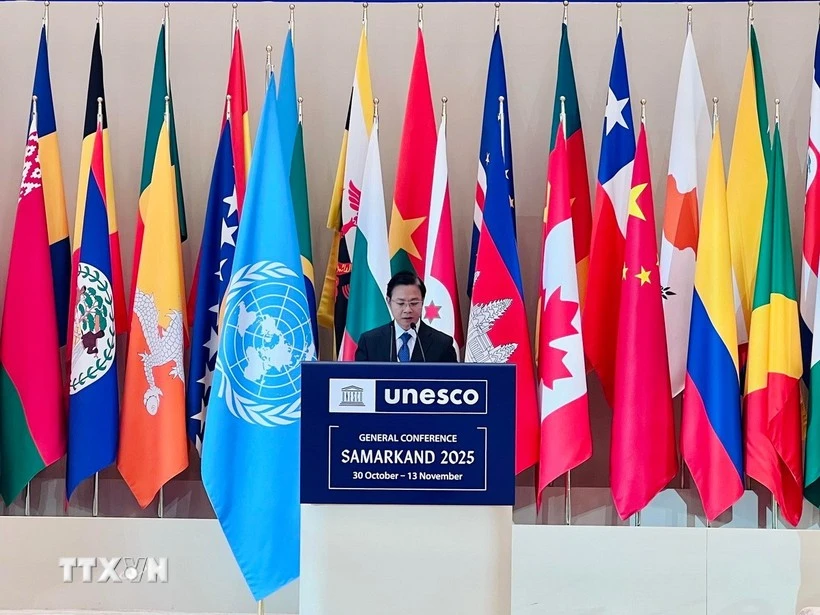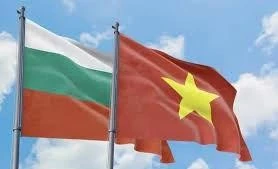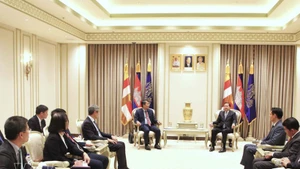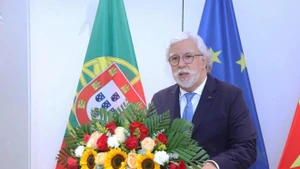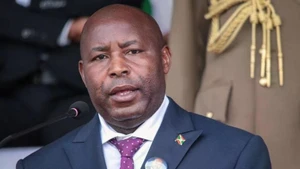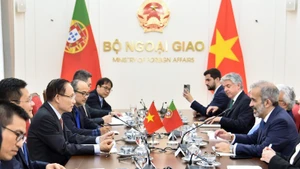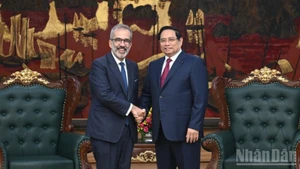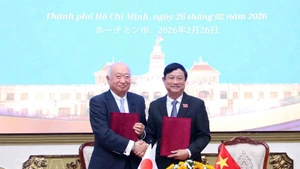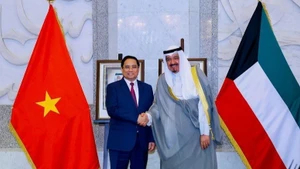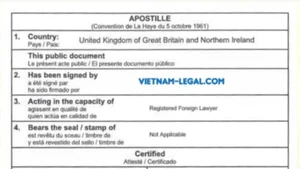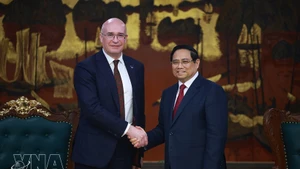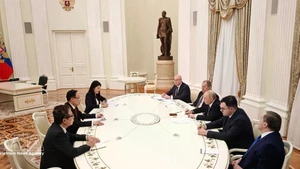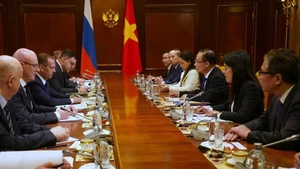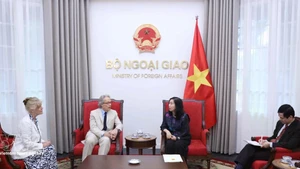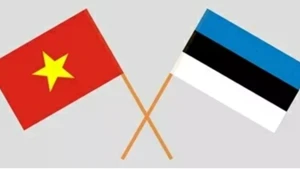The “International Decade on Culture for Sustainable Development” initiative proposed by Viet Nam has received high appreciation from the UNESCO Director-General and member states for its relevance to the organisation’s strategy and current global priorities, Deputy Minister of Foreign Affairs Ngo Le Van has stated.
Talking to the press about the adoption of the resolution, proposed by Viet Nam and other co-authors recommending the launch of an “International Decade on Culture for Sustainable Development," at the 43rd session of the UNESCO General Conference, Van said that nearly 40 years after the World Decade for Cultural Development (1988-1997), this marks the first time UNESCO has reached a consensus to initiate a new international decade centred on culture.
The initiative highlights UNESCO’s pioneering role in making culture an independent pillar contributing to sustainable development at both national and global levels — a motivation to maintain peace, promote creative industries, and protect cultural diversity and inclusive economic growth, and enhance social cohesion.
Adopted with the co-sponsorship of 71 countries, the resolution underscores the pivotal role of culture as the foundation of identity, a source of innovation, and a pillar of sustainable development and resilience to contemporary challenges. The resolution calls on the UN to launch the decade with the aim of fostering a fundamental shift in public awareness of the role played by culture, and promoting actions at all levels to mobilise resources and increase investment in heritage education, cultural and arts education, cultural industries, and the creative economy linked to sustainable livelihoods. It also seeks to foster equal access to culture, intercultural dialogue, digital culture, and the application of cultural knowledge in climate change adaptation and environmental protection—toward a sustainable and prosperous future for all.

Viet Nam and the co-sponsoring countries will next submit the resolution to the UN General Assembly for consideration and official adoption, paving the way for the early launch of an “International Decade on Culture for Sustainable Development” for the 2027-2036 period.
Van said the initiative is a concrete step in implementing the Party’s and State’s policies emphasising culture, cultural diplomacy, and international integration in the new contest. He stressed that culture is the foundation, resource, internal strength, and motivation for regulating sustainable social development and fostering the revitalisation and advancement of Vietnamese culture in the new era; strengthening and elevating cultural diplomacy; internationalising Viet Nam’s cultural identity, and embracing global cultural values to contribute to human civilisation.
Van noted that the initiative, built on Viet Nam’s foreign policy of independence, self-reliance, diversification and multilateralisation of relations, reflects the country’s proactive and comprehensive integration mindset for the common good of the international community. He added that it represents an important contribution demonstrating Viet Nam’s leading role in shaping global development priorities, in line with Resolution 59-NQ/TW, positioning the country as an active and responsible partner in the international community.
This is Viet Nam’s largest initiative at UNESCO to date. If adopted by the UN, it would mark a strategic contribution affirming UNESCO’s leadership in culture and showcase Viet Nam’s global commitment to working with the international community to build a peaceful, prosperous, and humane future.
At the 43rd session of the UNESCO’s General Conference in Samarkand, Uzbekistan, Viet Nam was re-elected Vice President of the session. Van noted that consecutive elections at the 42nd and 43rd sessions reflect Viet Nam’s growing stature, credibility, and capacity in global multilateral institutions, as well as the international community’s trust in its proactive and responsible role, especially within UNESCO.
This further affirms the Party and State’s sound foreign policy of diversification, multilateralisation, and comprehensive, deep, and effective international integration, reflecting the commitment to strengthen multilateral diplomacy in line with the spirit of the 13th National Party Congress’s Resolution, the draft resolution of the 14th National Party Congress, Directive No. 25-CT/TW of the Secretariat, the Politburo’s Resolution 59-NQ/TW on international integration in the new context.
As a Vice President of the 43rd session of the UNESCO’s General Conference, Viet Nam has simultaneously held key roles in six of UNESCO’s key bodies.
According to Deputy FM Van, Viet Nam’s sound foreign policy, socio-economic development achievements, international prestige and position, and proactive contributions at UNESCO have earned the trust and support of other countries.
He noted that holding the position provides an opportunity for Viet Nam to engage more actively in international issues, advance UNESCO’s key programmes in education, culture, science, and communication, and apply the organisiton’s knowledge and initiatives to implement strategic resolutions that serve the country’s development.
